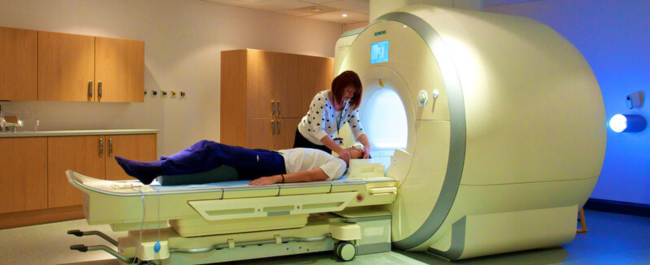Human podocyte cell line

A unique tool for the study of human glomerular disease. It is known and used worldwide by leading research groups and many of the world’s largest pharmaceutical companies.
This conditionally immortalised human podocyte cell line was originally developed by Prof. Moin Saleem and colleagues at the University of Bristol.
Uses
- General research and development
- Drug development
- Drug screening
Benefits
- Human derived
- Physiologically relevant phenotype analogous to differentiated podocytes in vivo
- Homogenous and stable
- Used by academic and industry groups worldwide
- Straightforward and robust protocols for the development of cells in culture
Licensing Options
- Long-term, single payment licensing model
- Discounted rates for SMEs
- Available under MTA for academic use.
Podocytes are highly specialised, terminally differentiated cells with a complex cellular architecture. They are a critical component of glomerular filtration. Cell-cycle control, growth arrest and differentiation are key to the in-vivo biology of podocytes.
The conditionally immortalised podocyte cell line allows an in-vitro process of maturation analogous to the development and maturation of podocytes in-vivo. The result is a homogenous, stable cell source that shows expression of key antigenic markers of differentiated in vivo podocytes. These include the novel podocyte proteins nephrin, podocin, CD2AP and synapodin. This robust cell line is extensively characterised and validated.
Podocyte culture: tricks of the trade
To find out more about this Human Podocyte cell line, read Prof. Saleem’s article in Nephrology.
 Professor Moin Saleem
Professor Moin Saleem
Dr. Moin Saleem is a Professor at the University of Bristol and Director of Bristol Renal. He is founder and chief scientific officer of Purespring Therapeutics, the world's first renal gene therapy company.
Dr. Saleem's specific area is podocyte biology. His gene therapy program is focused on targeting the podocyte in order to radically change the treatment of kidney diseases.
Other available technologies
See below for more technologies developed at the University of Bristol
-
Real-time dose verification in radiotherapy
A team from the Universities of Bristol and Swansea together with University Hospitals Bristol NHS Foundation Trust has developed a novel radiation detector device for determining the dose from Intensity Modulated Radiotherapy (IMRT) in real-time.
